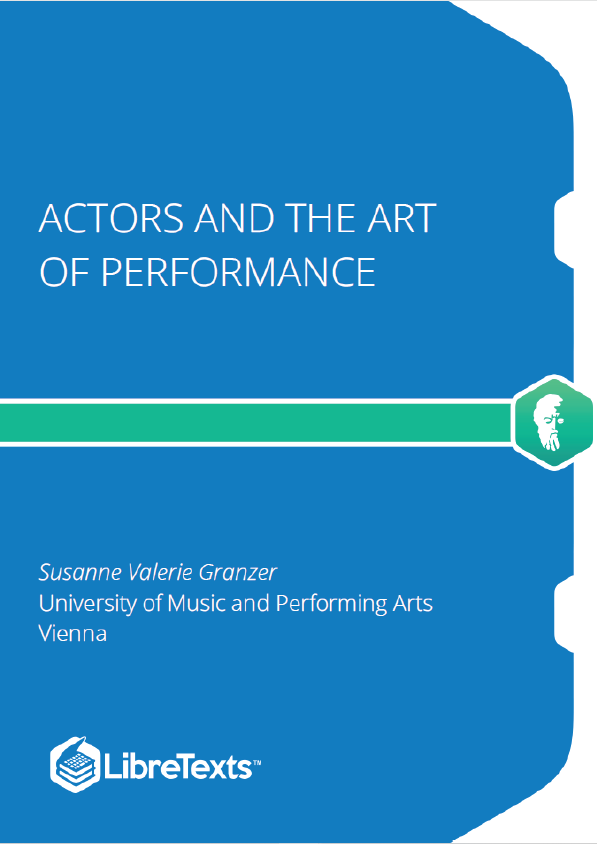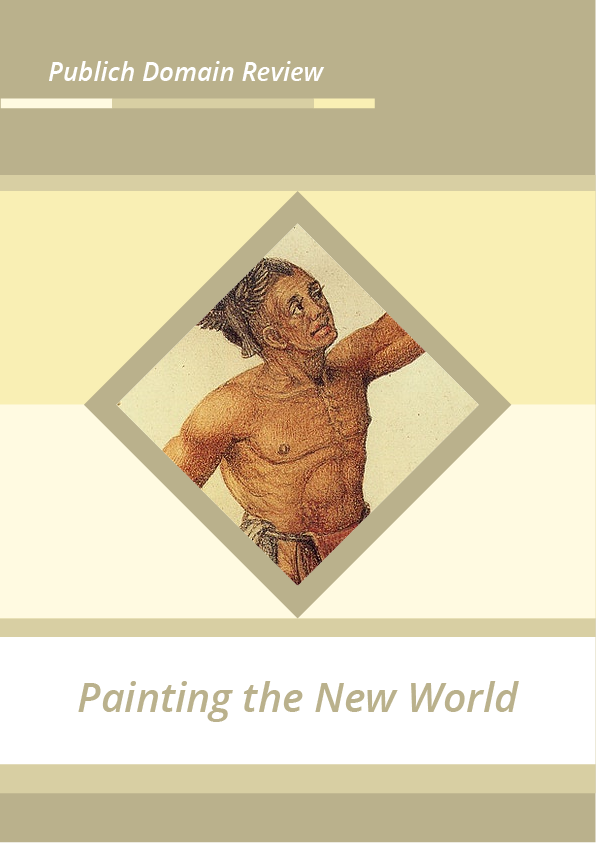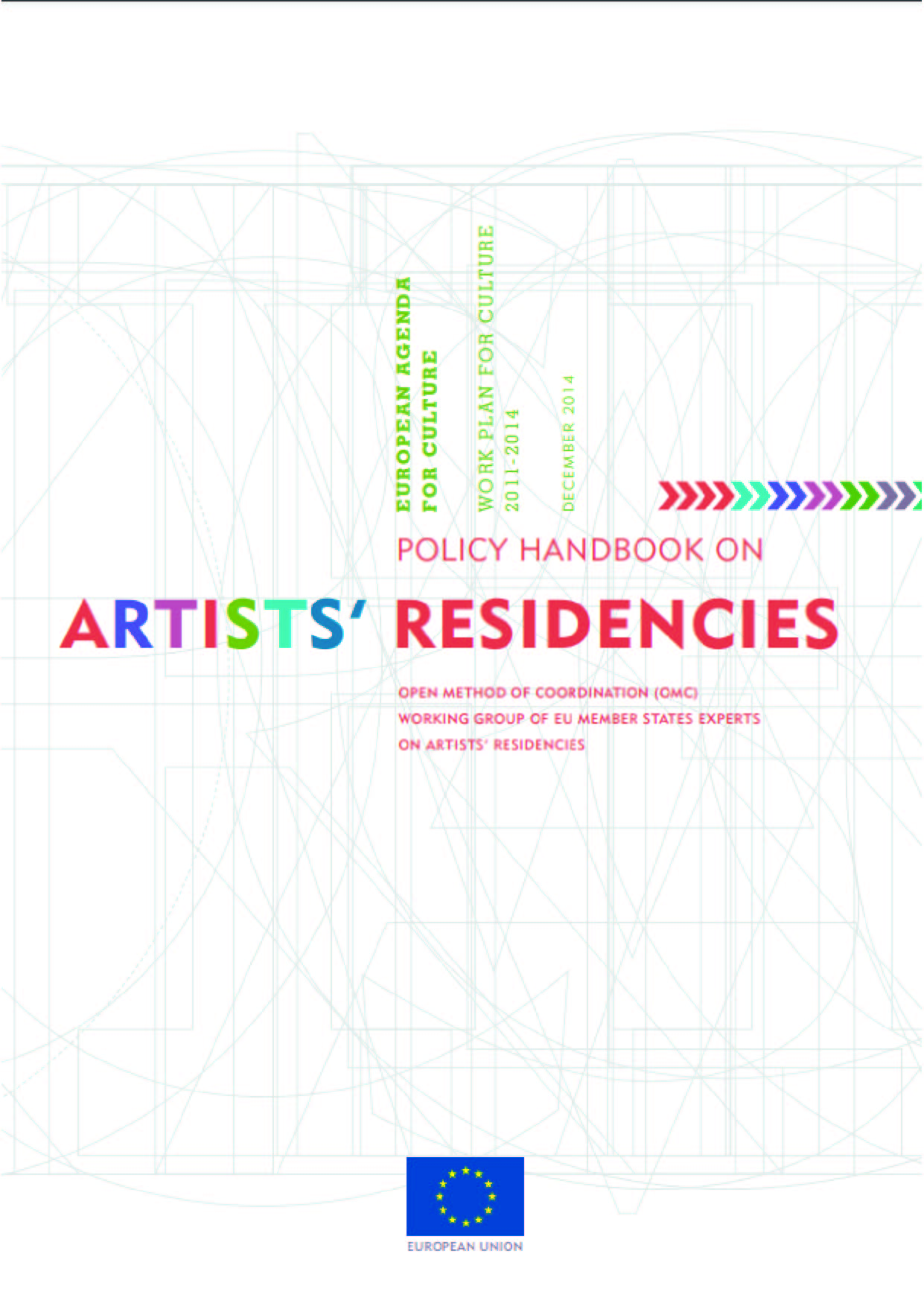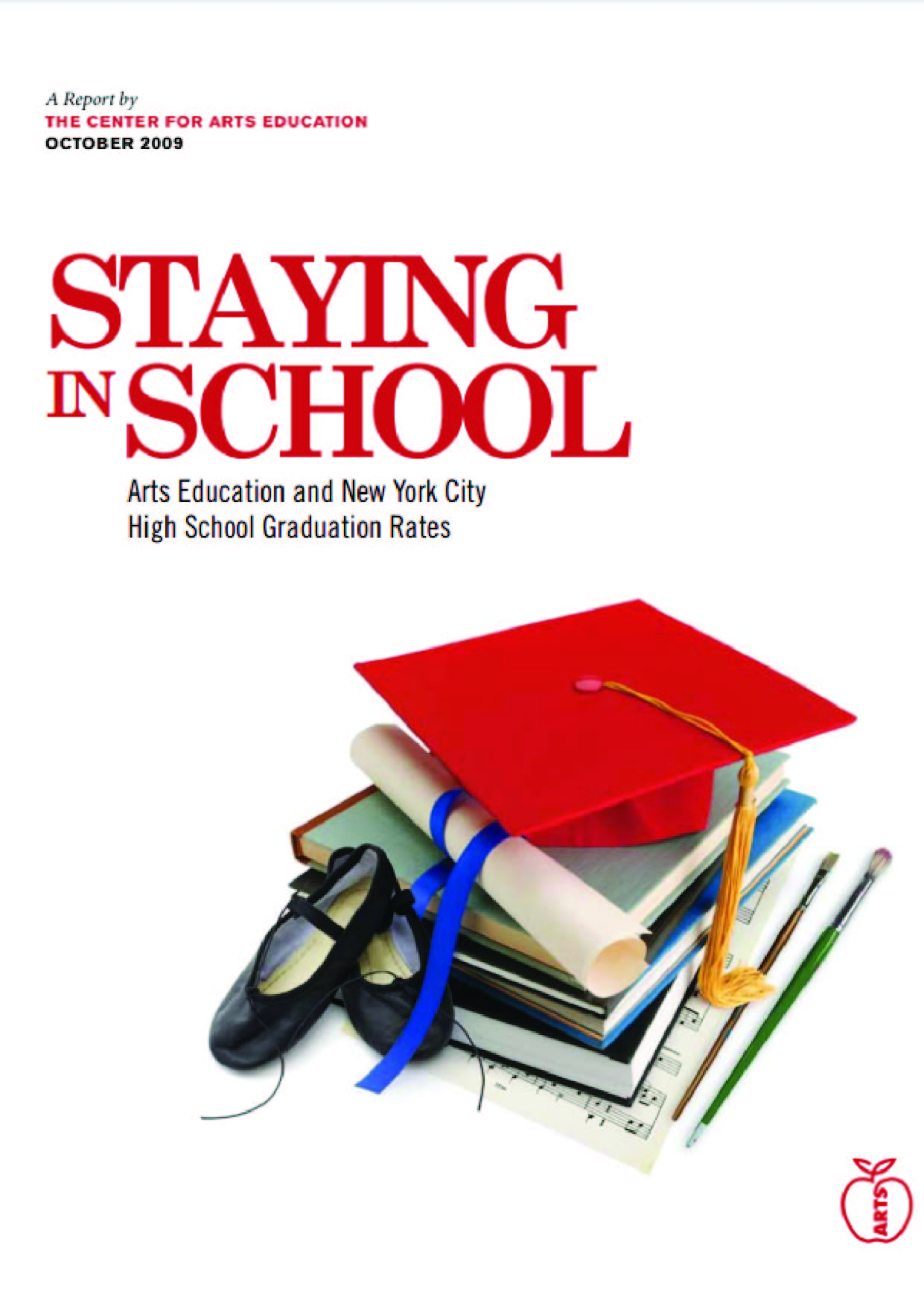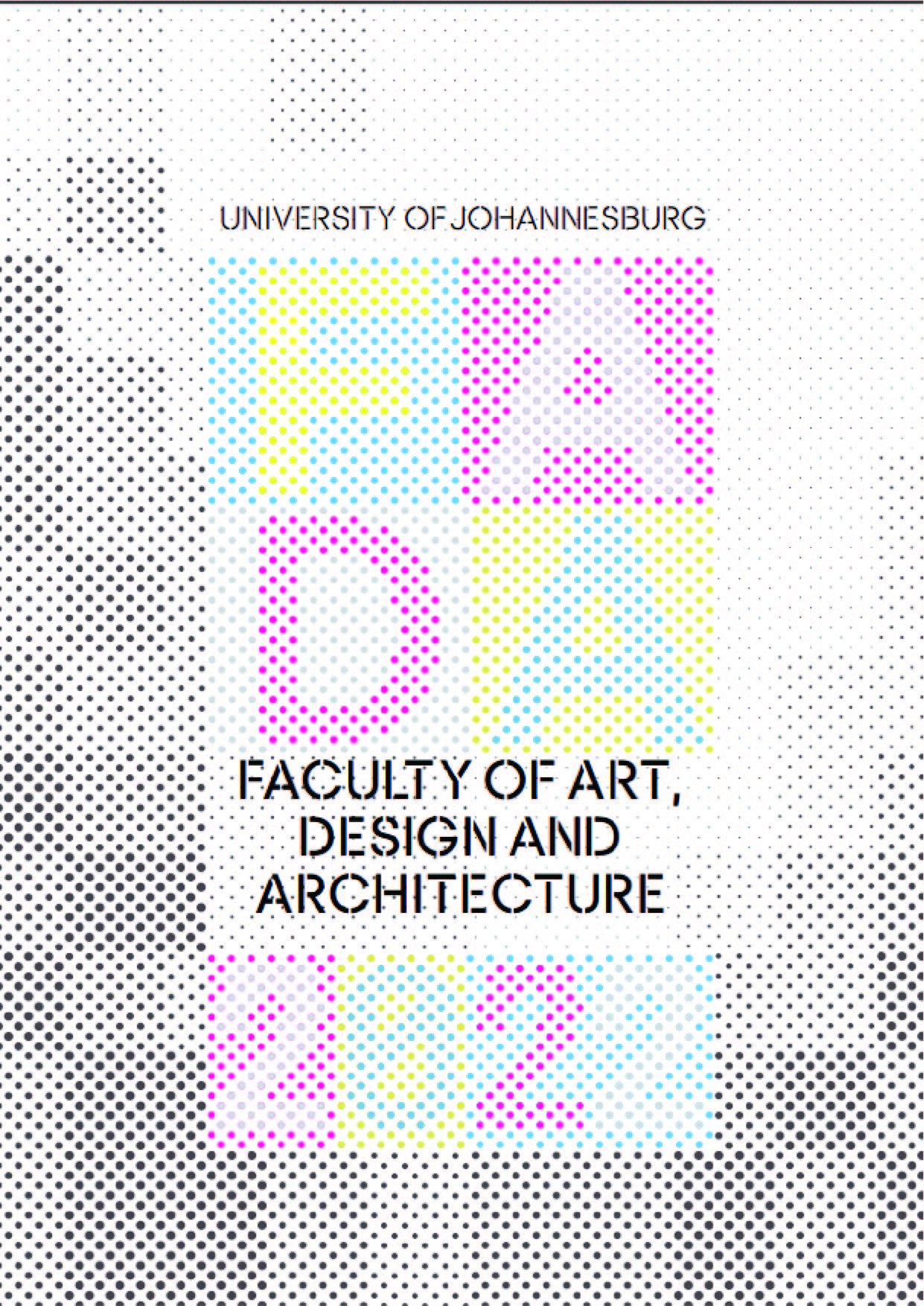Double stalemate Hannah J., a drama student, is struggling with one of the long monologues in Friedrich Schiller’s romantic tragedy, The Maid of Orleans. There is no way to sweeten the experience. The rehearsal is grueling for everyone involved, and not for the first time. Each attempt at the play is polished and conventional. It is full of clichés, caught up in itself, locked into itself. Working on the play is like running a treadmill; it is not going anywhere. A stalemate. A bane. Admittedly, the text is difficult, awkward. The language and the piece itself have an unfamiliar feel. They raise more than one aesthetic and thematic question. Nowadays, other theatrical forms have led to a radical caesura in classical drama. Even Friedrich Nietzsche’s the Twilight of the Idols attacked Schiller as “the Moral-Trumpeter of Säckingen.” The power of Logos has been dislodged by the logic of the fragment.
Actors’ fears
What got into Hannah J.? This question hangs mockingly in the air long after the room is empty. Everyone is gone. Hannah J. and her teacher are gone too, after a long silence and a short conversation.
Uncharacteristically, someone has opened the window in the auditorium and turned off the lights. Usually everything is closed up tight, the air is unbearable, and all the lights are on. All the spotlights and all the ceiling lights are on, for no reason at all. But not this time. This time all the switches are off, and the window is wide open, as if the room needed fresh air, so as to more easily get a grip on leftover thoughts.
Ideas shoot back and forth to explain Hannah J.’s behavior. Thoughts cross each other, become superimposed, are released, let go of and picked up again. Despite misfiring, they press to be formulated; to be thought through and spelled out.
What drives an actor to stop playing in the middle of a scene? What makes her interrupt herself and perhaps even radically want to give up the profession?
The first spontaneous answer that comes to mind is failure. It is because her acting was no good, did not touch anyone, or because she was rejected. That sounds trivial. Everyone has trouble dealing with failure, not just actors. They do not have the sole rights on it. Of course not. But failure hits actors unfiltered. It touches their very self. There is nothing for them to hide behind. No medium comes between themselves and their acting, no tool, no instrument, no machine. They themselves are the “machines” that need to be turned on artistically. Their “material” is their own flesh and any problems that arise must be dealt with by the actor on stage, with “life and limb,” live before the eyes and ears of others. For it is not theater or performance if others are not present to see. From the beginning, theater has needed spectators, eyewitnesses, an audience. But witnesses can praise or shame, can affirm or deny, can give a thumbs up or a thumbs down. Nobody is immune to this, nobody is spared, and there is no justice. None of this is new. Yet it continues to be underestimated.
